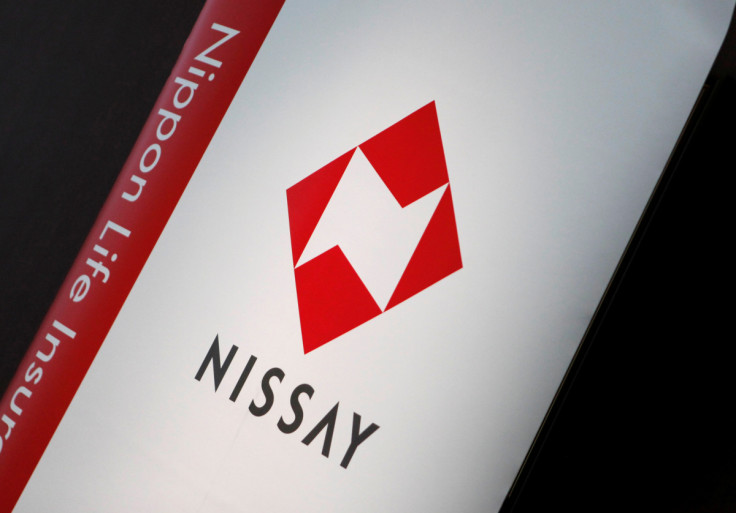Japan's Life Insurers To Buy More Super-long Bonds As Yields Hit Multi-year Highs

Japanese life insurers plan to buy more super-long government bonds, enticed by the highest yields since 2014.
Nippon Life, Japan Post Insurance and Sumitomo Life are among the insurers that have detailed their investment plans for the rest of the fiscal year-ending April at briefings over the past several days.
A common theme has been an intention to increase holdings of the longest-maturity JGBs, centered on the 30-year securities, which now offer "attractive" yields as well as being a safe haven from a long list of market uncertainties globally.
Many insurers also plan to shift some money from currency-hedged holdings of foreign bonds into yen bonds, with hedging costs soaring.
"There is now an attractiveness to Japanese government bonds," while "the attractiveness of hedged foreign bonds is waning," a Japan Post Insurance representative told a briefing on Friday. "We have already been shifting from hedged foreign bonds into JGBs, and we will continue to do so."
Yields on 30-year JGBs soared as high as 1.685% on Thursday for the first time since September 2014, while the 20-year yield reached the highest since February 2015 at 1.315%. Both fell back as investors scooped up the discounted debt.
Yields came under further downward pressure on Wednesday amid a decline in U.S. yields and as the Bank of Japan bought additional bonds ahead of a two-day policy-setting meeting that begins Thursday.
The 30-year bond last yielded 1.54% with the 20-year at 1.18%.
"Anything above 1.5% and we can consider additional investment" in 30-year JGBs, said a representative from Sumitomo Life at a briefing on Tuesday.
Nippon Life is being more cautious.
"It's true that it's the easiest environment to invest for the past several years," a representative of the company, also known as Nissay, said on Monday. "Because yields are at 1.5%, if the question is whether we can now buy actively, we're still a long way from that point."
© Copyright Thomson Reuters 2025. All rights reserved.





















